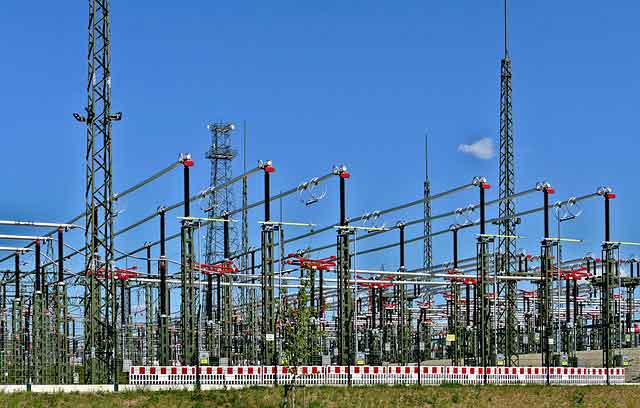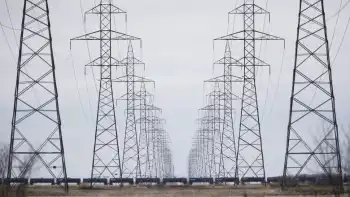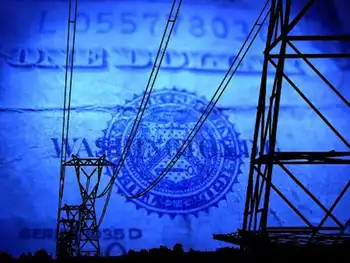PM hints heads could roll on reactor shutdown
By Toronto Star
Electrical Testing & Commissioning of Power Systems
Our customized live online or in‑person group training can be delivered to your staff at your location.

- Live Online
- 12 hours Instructor-led
- Group Training Available
The Senate fast-tracked emergency legislation, approved by MPs, to allow the Chalk River reactor to operate for 120 days and resume production of the isotopes.
But in question period, Harper made clear his frustration that it took the intervention of Parliament to solve a problem that had been brewing for more than a year.
"I think it is ridiculous that the government can only resolve an escalating dispute between these two agencies by actually coming to Parliament and passing a law," Harper said during question period.
He also signalled again that he's not happy with the performance of the Canadian Nuclear Safety Commission, the regulator that forced the shutdown by declaring the reactor was in violation of its operating licence.
He said commission members intended to resolve the problem "in their own sweet time," despite the growing shortage of isotopes needed for potentially life-saving medical procedures.
And in a comment that signalled personnel changes could be coming, Harper vowed there would be a full review when the dust settles.
"I can certainly assure the House that when this is all behind us the government will carefully examine the role of all actors in this incident and make sure that accountability is appropriately restored," he said.
On December 11, Harper blamed the problem on the "Liberal appointed" safety commission. More recently a federal official complained that the commission kept senior government officials in the dark about the looming crisis.
"We feel the situation should never have come to this. We received no note from the regulator in light of the severe isotope shortage this action caused," the official told the Star.
"It is understood we do not control the regulator but one would think the government would have been apprised of the situation."
The reactor was shut down by Atomic Energy of Canada Ltd. on Nov. 18 for routine maintenance. But an inspection by the regulatory staff found that mandatory safety upgrades – connecting vital cooling pumps to an emergency power supply – had not been done. That put the reactor in violation of its operating licence and AECL opted to keep it shut down, choking the supply of isotopes.
Liberal MPs pointed the finger at AECL for not making the required safety upgrades, work that should have been done by 2005. Yesterday, they demanded a special audit by Auditor General Sheila Fraser to investigate the problems, a position the Bloc said it would support.
"How do we know this problem won't happen again? The problem with the nuclear reactor is still not addressed," said Liberal MP Omar Alghabra (Mississauga—Erindale), the party's critic on the issue.
And the Liberals fired back with a partisan shot of their own, questioning whether Bob Strickert, the "independent" nuclear expert who advised MPs that the reactor could be safely restarted, was the executive vice-president of the Durham Conservative Association in the riding of International Development Minister Bev Oda.
Elections Canada records show that a Robert Strickert donated $270 to the riding association on April 5, 2005.
"The deputy minister provided those names," said Natural Resources Minister Gary Lunn. "We were happy that they went through extraordinary efforts last night to attend this Parliament to answer questions from all parties. We should be thanking all the people who came here, not laughing at them."
Meanwhile, some doctors and other players in the medical isotopes business expressed concern about the long-term effects on Canada's reputation as a reliable supplier of radioisotopes throughout North America and South America.
While Chalk River has been shut down, medical facilities have been getting their medical isotopes for cancer and heart treatments from the world's other major suppliers in Belgium and South Africa.
Shelley MacLean, a spokesperson with MDS Nordion, the private company that distributes the isotopes, said her company is "developing alternatives to our standard back-up relations" as a result of the Chalk River shutdown.











